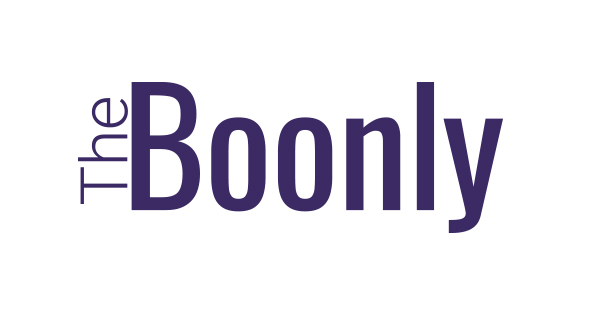Where to find this idea:
Magic Words by Jonah Berger
Words have power. They can alter behaviors, trigger action and captivate attention. We all need to be more conscious of what we say to ourselves and others, and how it affects all of us. To raise awareness, let’s discuss the words that bolster identity and self-determination, and help you stay true to your goals, cultivate habits and motivate yourself.
- The “use verbs not nouns” myth
If you’ve read any book on writing, you’ve heard the “avoid passive voice” advice. Use action verbs to motivate yourself and others to take action they say. But it turns out that nouns are powerful in initiating action.
Based on research among school kids, asking them to be helpers instead of asking them to help increases chances of their helping by ⅓.
Why? Because in this case, using nouns is about turning actions into identities, which works better than verbs and adjectives at getting people to act. Nouns like runner, morning person or risk-taker build a sense of belonging to a certain identity.
For a runner, running is a stable and consistent part of who they are, not a one-time activity.
So guess who is more eager to go for a run every day: a person who goes running or a runner?
- Change “can’ts” into “don’ts”
This little shift can have a big impact on whether you stick to your goals or habits.
Let’s compare the two:
I can’t check my email because I want to do deep work.
I don’t check my email because I want to do deep work.
“I can’t” indicates that there is a temptation and an external constraint. You want to do one thing (check email), but something is stopping you (deep work).
“I don’t” hits differently. It shows that you’re the one in charge. Knowing you have control and freedom to choose empowers you to reach your goals and form habits.
- Turn “shoulds” into “coulds”
We’re programmed to think in “shoulds.” What should I do? But what if you ask “what could I do?” This way, you leave space for creativity, relaxed thinking and more options.
- Talk to yourself in 2nd or 3rd person
You know how it’s always easier to give advice to others than to yourself? So what if you start using “you” or your name in your internal dialogues? This little change in wording (from “I” to “you”) will help you see things more objectively as you distance yourself from your problems. You’ll sound positive and self-assured, not overwhelmed or uncertain.

